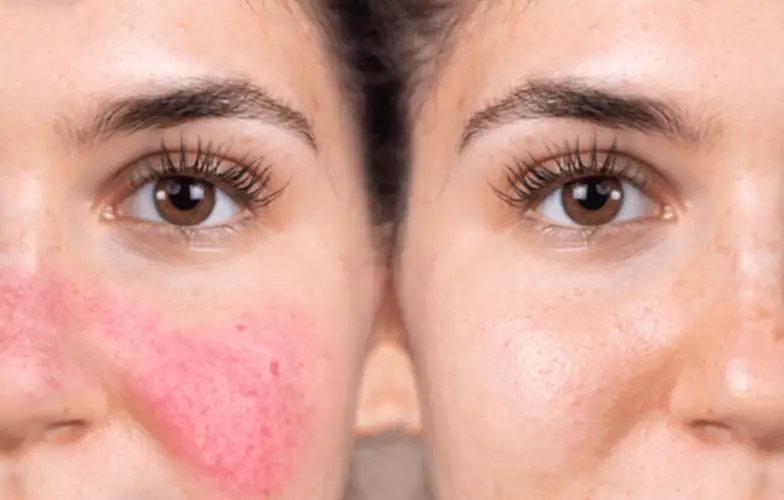A period of abstinence is the most effective way to lower alcohol tolerance. You can try lowering your alcohol tolerance by drinking less, but this will take much longer to achieve wellness. Functional tolerance describes the most basic kind of tolerance developed by most people who drink regularly over a period of time. how to increase alcohol tolerance People can develop acute tolerance to alcohol’s effects on motor control but not its effects on inhibitions. In most cases, it can take anywhere from two to five weeks during a period of complete abstinence to lower your tolerance level. The more alcohol intake you can handle, the more you can mask an alcohol problem.
- Yes, alcohol is a strong diuretic, which causes the drinker to pee more, and consequently, you will become dehydrated sooner.
- Our journalists will continue to cover the twists and turns during this historic presidential election.
- Maybe you just want a break, or university, parental, academic or legal pressures have come to light, or you believe you just need to cut back.
- The test is free, confidential, and no personal information is needed to receive the result.
- That advice was considered and rejected when the federal recommendations came out in 2020.
- For most people, a single month of alcohol abstinence is the usual time limit.
How To Build Alcohol Tolerance
Mayo Clinic Q and A: Is daily drinking problem drinking? – Mayo Clinic
Mayo Clinic Q and A: Is daily drinking problem drinking?.
Posted: Fri, 16 Feb 2018 08:00:00 GMT [source]
Unlike other forms of alcohol tolerance that develop over time and after numerous drinking sessions, the individual may develop tolerance in a single drinking session. It develops very fast and may also cause the user to indulge more in drinking bouts. Despite the fact that these techniques have the potential to improve alcoholics’ tolerance, heavy drinking is never healthy and may easily develop into dependency. If you want to avoid the embarrassing state of drunkenness and love to increase alcohol tolerance, this article is for you.
Rewards Can Affect Tolerance
- This type of tolerance is evident in functioning alcoholics, who can seemingly consume large quantities of alcohol without feeling inebriated or showing signs of alcohol abuse.
- Obviously, ABV (alcohol by volume) is critical in determining how drunk you’ll get, but there are other factors, too.
- However, there are many factors that can help build alcohol tolerance.
Even if the goal is to cut down, abstinence can assist with lowering tolerance to ease moderation of use, and your body could use the break. When you finish the 30 days, you can make the decision to continue not drinking or to moderate your use. Well, it depends because the time required to change tolerance level varies from person to person. Decreasing the number of drinks per week may work for almost everyone; for others, a month without a drink works just fine to reduce someone’s tolerance. The first month is the hardest, but gradually decreasing the number of drinks per week can help bring down the tolerance level without suffering from withdrawals.

Can You Build Up a Tolerance to Alcohol?
People with certain variants of the ADH1B gene may have a higher alcohol tolerance than others. It’s a big risk, though, to reverse your alcohol tolerance and then return to your previous ways. By Buddy TBuddy T is a writer and founding member of the Online Al-Anon Outreach Committee with decades of experience writing about alcoholism. Because he is a member of a support group that stresses the importance of anonymity at the public level, he does not use his photograph or his real name on this website. Repeatedly driving the same route home while intoxicated could cause the driver to develop a tolerance for the task and reduce alcohol-induced impairment. However, that tolerance for that specific task is not transferable to a new task.

Hangxiety, on the other hand, is a type of everyday anxiety that people tend to experience from time to time while they’re sobering up after drinking, Wallace says. Jaines M. Andrades, DNP, AGACNP-BC, discusses alcohol, the aging process, the latest research on alcohol as we age, and why hangovers feel worse as we get older. People who report drinking moderately tend to have higher levels of education, higher incomes and better access to health care, Naimi said. In the beginning stages of drinking, the experience and effect can be subtle on schoolwork.
- Naimi served on an advisory committee that wanted to lower the recommendation for men to one drink per day.
- Andrades encourages anyone who drinks to be mindful of how many ounces of alcohol you’re consuming.
- With that in mind, like most doctors, Dr. Schwartz would suggest working on cutting out alcohol versus working on getting your body to better tolerate it.
- We have mentioned that not all drinks will have the same level of strength, so you might consume one alcoholic beverage more and handle it better than another drink.
- But it’s crucial to keep in mind that responsible drinking should always be a top concern and that drinking too much alcohol may seriously harm your health and safety.
- Alcohol tolerance refers to the bodily responses to the functional effects of ethanol in alcoholic beverages.
It’s really important to recognise that tolerance to the short-term effects does not mean your health risks are lower. In fact, you could be at higher risk because you may not recognise how much you’re drinking. Experts at AddictionResource.net note that ‘functional tolerance is particularly common with alcohol consumption’.
Mental Health Services
It is a stage where the brain functions are pushed or stimulated to adapt to the frequent chemical disruptions in order to create a stable state. A chronic drinker may show no sign of intoxication even with high BAC that may have been fatal or incapacitating to an average drinker. The chronic drinker may be compelled to even increase their alcohol intake due to the lack of physical impact. This kind of tolerance develops at different rates for alcohol effects. For this reason, a person who has sound mental functions and can have coordinated conversations may show impairment when it comes to activities that involve eye-hand coordination such as driving.

However, it is possible to lose your level of tolerance to alcohol, particularly if you quit drinking. Alcohol tolerance, for the most part, is something that you develop over the course of your experience with alcohol. How quickly you lose tolerance when you quit alcohol consumption may depend on several factors. How long it takes to reset one’s alcohol tolerance varies from person to person and typically depends on the duration and frequency of drinking. However, most cases of alcohol tolerance can be reset within one to two months of abstinence.
Stress can impact alcohol tolerance, so practicing mindfulness and relaxation techniques can also help to reduce stress levels and increase alcohol tolerance. Techniques such as deep breathing, meditation, and yoga have also proven helpful. Seeking professional assistance may be essential if you have a problem with alcohol addiction or a poor tolerance that causes unsafe or harmful conduct. The development of methods for lowering alcohol use or advice on how to safely raise alcohol tolerance may be obtained from a healthcare professional or addiction expert.
Five signs you’re being ‘medically gaslight’ by your doctor
Andrades encourages anyone who drinks to be mindful of how many ounces of alcohol you’re consuming. She liked the results—better sleep, more energy—and has stuck with it. Moderate drinking was once thought to have benefits for the heart, but better research methods have thrown cold water on that. “Social self” is defined as the way one relates to others and the ability to feel comfortable with other people.


Commentaires récents